The Truth About ‘Beauty Sleep’
We spoke to skin experts Megan Felton and Ksenia Selivanova, Co-Founders of skincare consultancy agency Lion/ne, to find out more:
Firstly, what exactly are circadian rhythms?
As anyone who has suffered at the hands of jet lag will know, interrupting your sleep schedule can wreak havoc on your wellbeing. Whether it’s insomnia, stomach issues or increased anxiety, disrupting the body’s internal clock has both mental and physical impacts. The reason? Circadian rhythms. In layman's terms this is our inner biological clock that controls all bodily functions.
Circadian rhythms regulate our body’s 24-hour clock. They ensure that all our cells are functioning properly by communicating the correct information about night and day. Struggle to wake up on dark mornings? That’s the fight against your circadian rhythms.
While scientists have long known about circadian rhythms, thanks to recent Nobel Prize-winning research and the growing field of chronobiology, we’re only just starting to understand how big a part these circadian rhythms play.
So how do circadian rhythms affect the skin?
Despite the princess connotations, it turns out ‘beauty sleep’ isn’t just something you find in fairy tales. In reality, the effect of circadian rhythms on skin is twofold.
Firstly, poor sleep will impact the appearance of skin – yep, that late night Netflix binge will show on your face. If our master clock is disrupted, it’s our skin that reflects this imbalance first. Skin is the last in line to receive all nutrients and benefits we put into our body, and consequently is the first to show if something is wrong. Someone who has slept for eight hours will by default look more refreshed than someone who only slept for a few.
Secondly, our skin actually changes throughout the 24-hour period as a result of circadian rhythms. This is because these rhythms affect our blood flow, skin cell activity, and levels of both oil and water within the skin.
And what can we do about it?
With the right skincare products and routine you can work to optimise your skin in line with your body’s circadian rhythms.
Morning: When you wake-up your skin at its most dehydrated due to overnight water loss.
The solution: Use a hyaluronic acid rich serum or moisturiser to top up hydration levels.
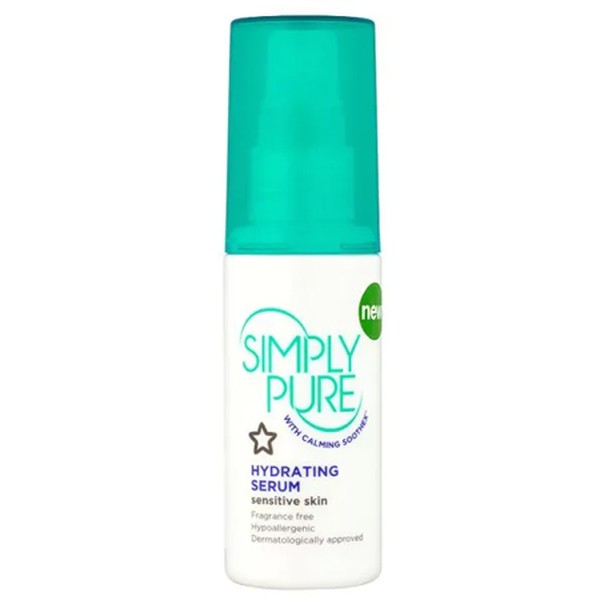
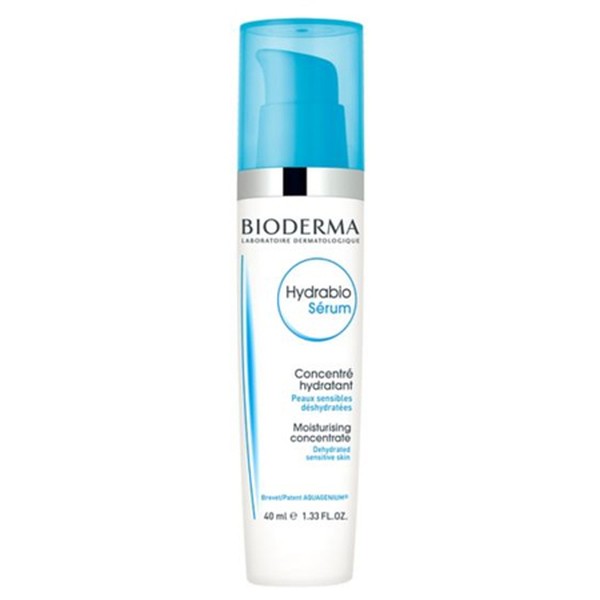
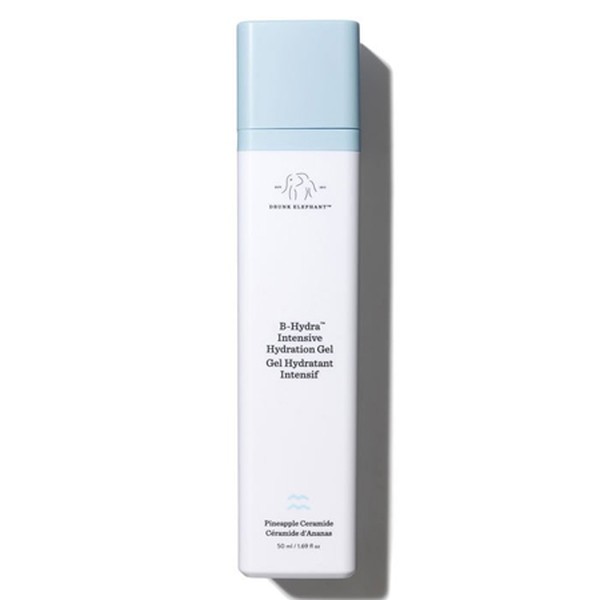
Lunchtime: During the day, skin will thicken and try to protect itself due to exposure to the sun and other environmental aggressors.
The solution: Make a high factor SPF (30 plus) a non-negotiable in your morning routine.
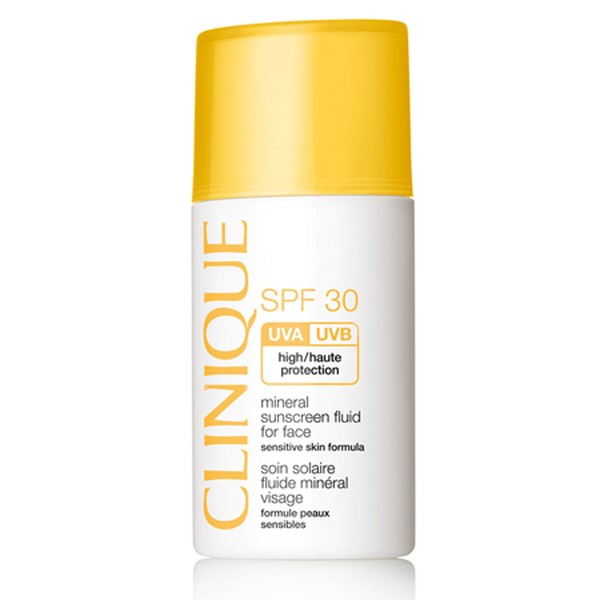
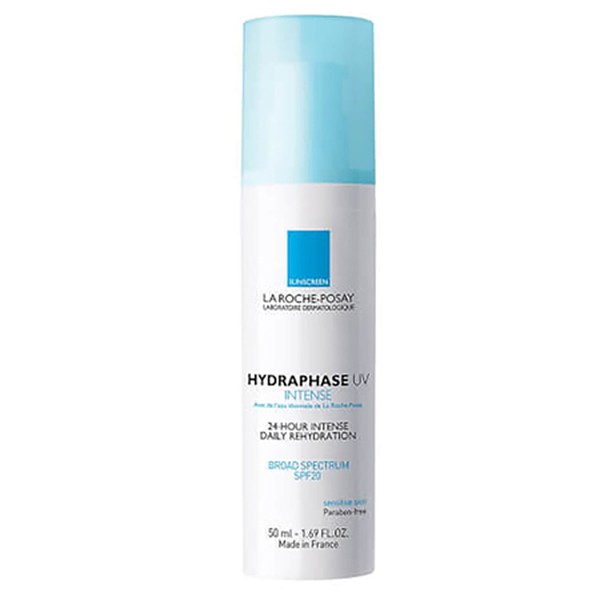
Afternoon: Sebum secretion is higher in the afternoon as the oil glands try to create a protective layer against the outside world.
The solution: Beat that shiny 4pm T-zone by including a mattifying moisturiser in the morning routine, or stash oil-blotting sheets in your makeup bag or desk drawer.
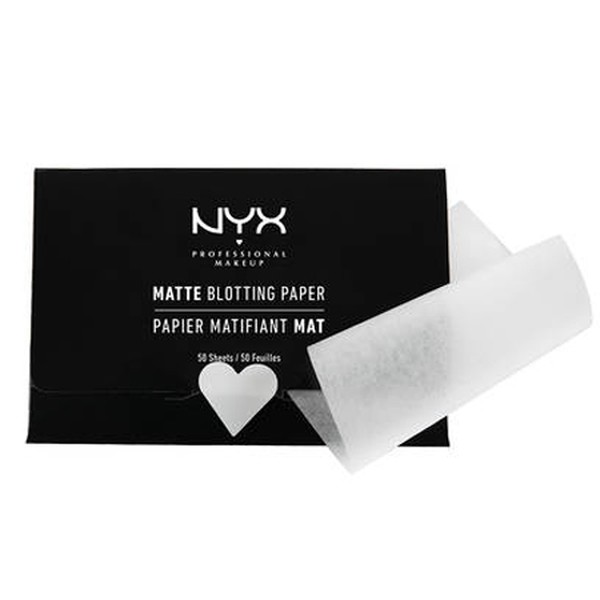
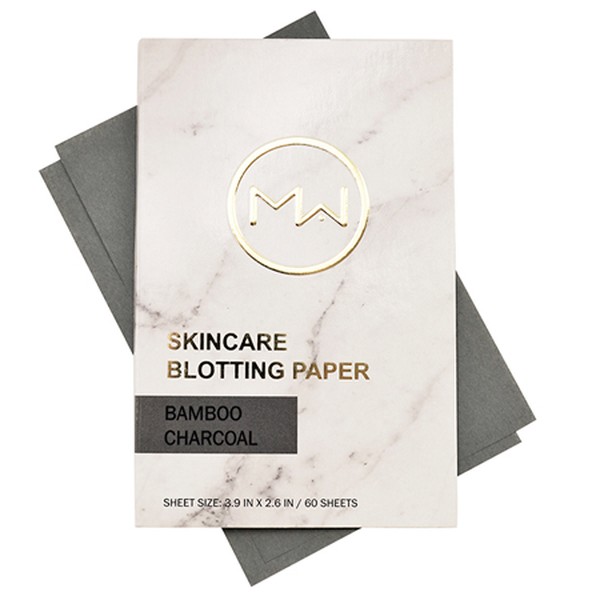
Evening: Water loss is at its highest in the evening which can cause skin to feel tight or uncomfortable.
The solution: Include a hydrating serum in your morning routine and keep a soothing face spray on standby for moments when your skin feels dry.

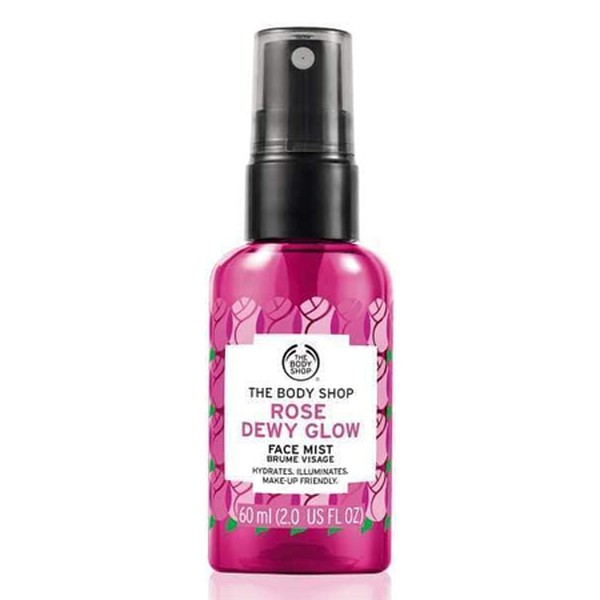
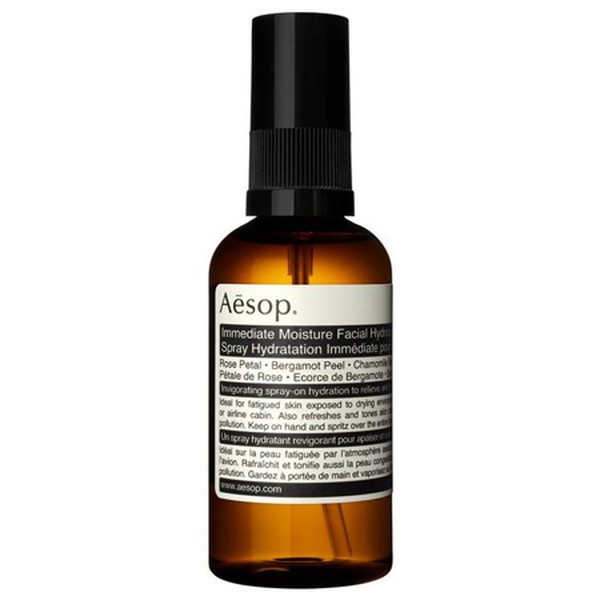
Bed-time: New skin cell production and DNA repair are much more active overnight. This is also the time when your skin’s outer barrier is most permeable.
The solution: Take advantage of your skin’s absorption ability by using your most potent products while you sleep. This is the best time to use active anti-ageing ingredients such as retinol as they’ll penetrate even deeper.
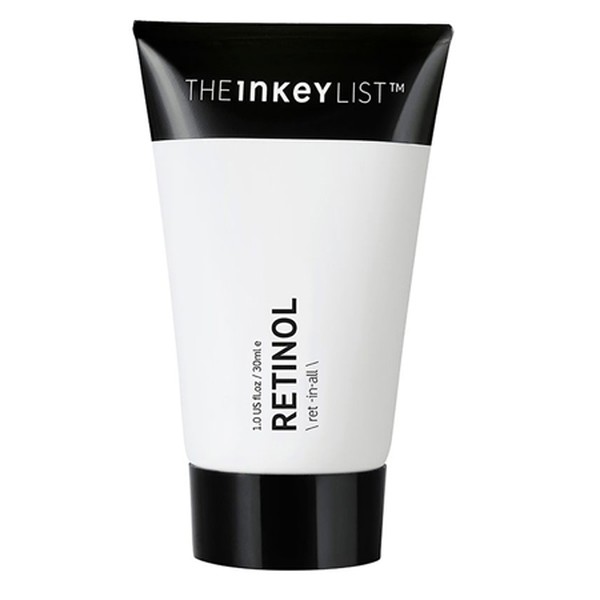
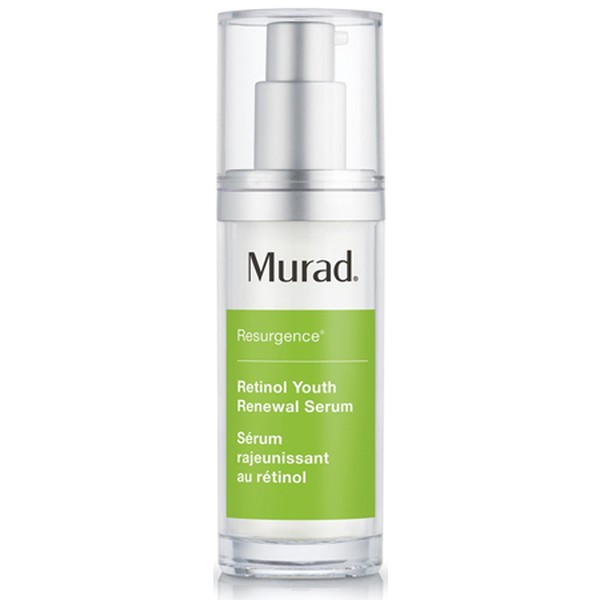
DISCLAIMER: We endeavour to always credit the correct original source of every image we use. If you think a credit may be incorrect, please contact us at info@sheerluxe.com.





